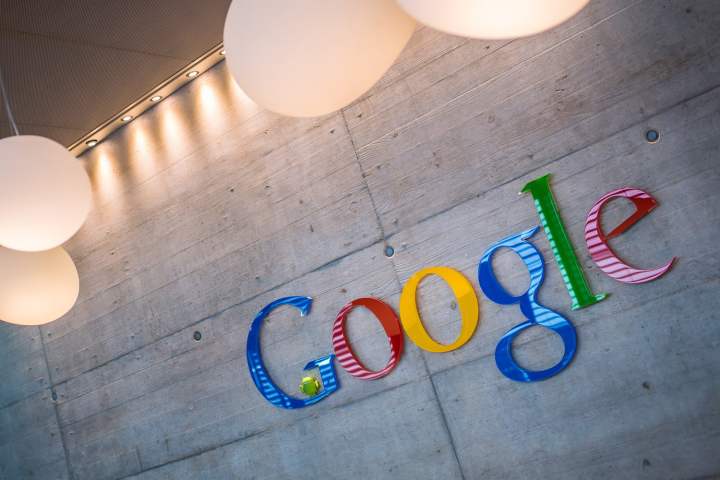
Police in Raleigh, North Carolina, have been quietly issuing warrants to Google, requesting account data from mobile devices that are tracked as coming close to crime scenes, according to a report on WRAL. According to court records, the police department has requested Google provide location data from mobile in at least four investigations. The data obtained from these investigations have resulted in one arrest.
While law enforcement increasingly rely on data from smartphones and other smart devices to solve crimes, the warrants from the Raleigh Police Department are unique as they do not request information from a specific device, but instead request information from any device that has come close to the crime scene.
The warrants appear to request data within a certain location range for a specific time frame. One warrant shows the Raleigh Police Department requesting data “located within the geographical region defined as within 150 meters of the GPS coordinates 35.785556, -78.617145” for two specific date and time ranges.
From the initial anonymized data, investigators can create a map of the crime scene and surrounding area. Once the map has been created, investigators will see coordinates for each device within the boundaries. They can then look for patterns that may be of interest and request additional warrants for additional identifying information such as names and birth dates.
The news raises some pretty serious security and privacy concerns for smartphone users. Instead of requesting data for specific suspects or persons of interest, the Raleigh Police Department’s practice of issuing blanket warrants ensnares everyone within a particular area. The practice can also be viewed as a potential violation of an individual’s Fourth Amendment rights, which guards against unreasonable searches and seizures.
The use of blanket warrants by the Raleigh Police Department is the most recent example of law enforcement using questionable methods to conduct investigations. After the San Bernardino, California attack in 2015, the FBI tried to force Apple to unlock shooter Syed Rizwan Farook’s iPhone 5C. The case was later dropped when the FBI found an alternate way to access the shooter’s phone.
In addition to GPS location data provided by most smartphones, it’s also easy, but less accurate, for carriers to track your movements by triangulating data from nearby cell towers. In 2017, Google admitted that it tracked location data on Android phones even when Location Services was disabled. The tech giant later reported that it suspended its collection of cellular location data.
Editors' Recommendations
- The 6 biggest announcements we expect from Google I/O 2024
- How to save your data from Google’s purge of inactive accounts
- Google faces legal trouble over Android data collection
- ‘Exploring fitness’ won’t get Google TV anywhere near Apple Fitness+
- Google is making Android devices work better together with expanded Fast Pairing

